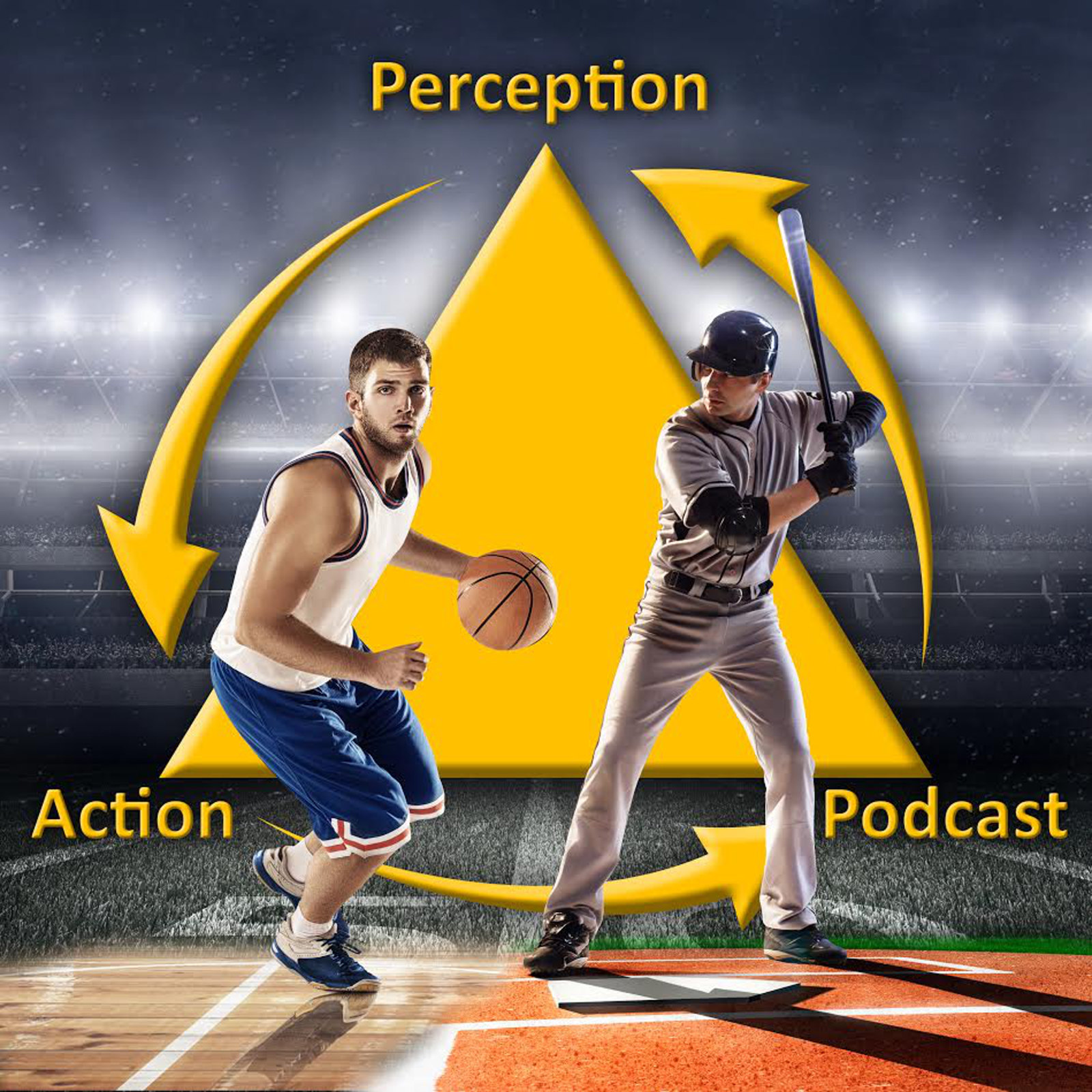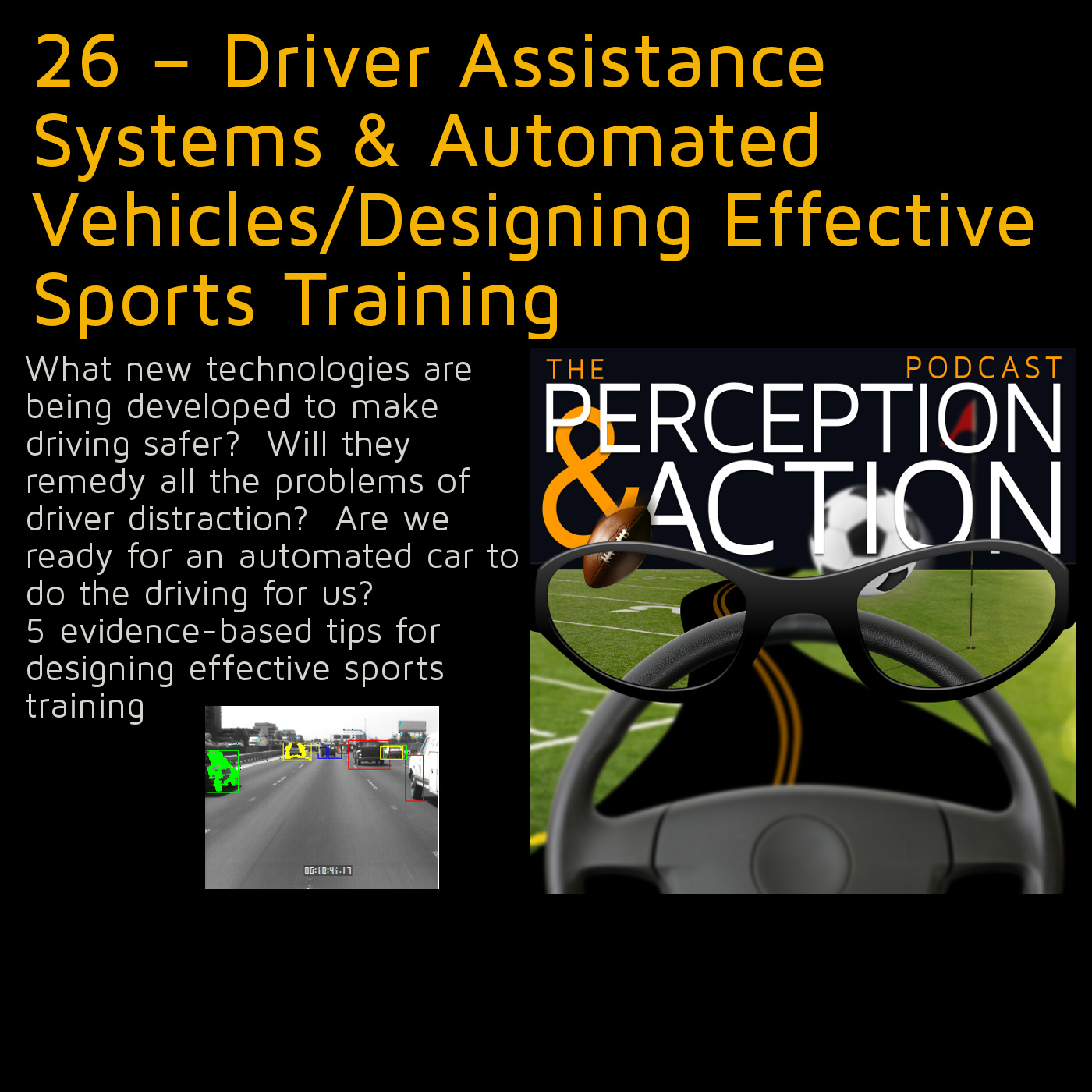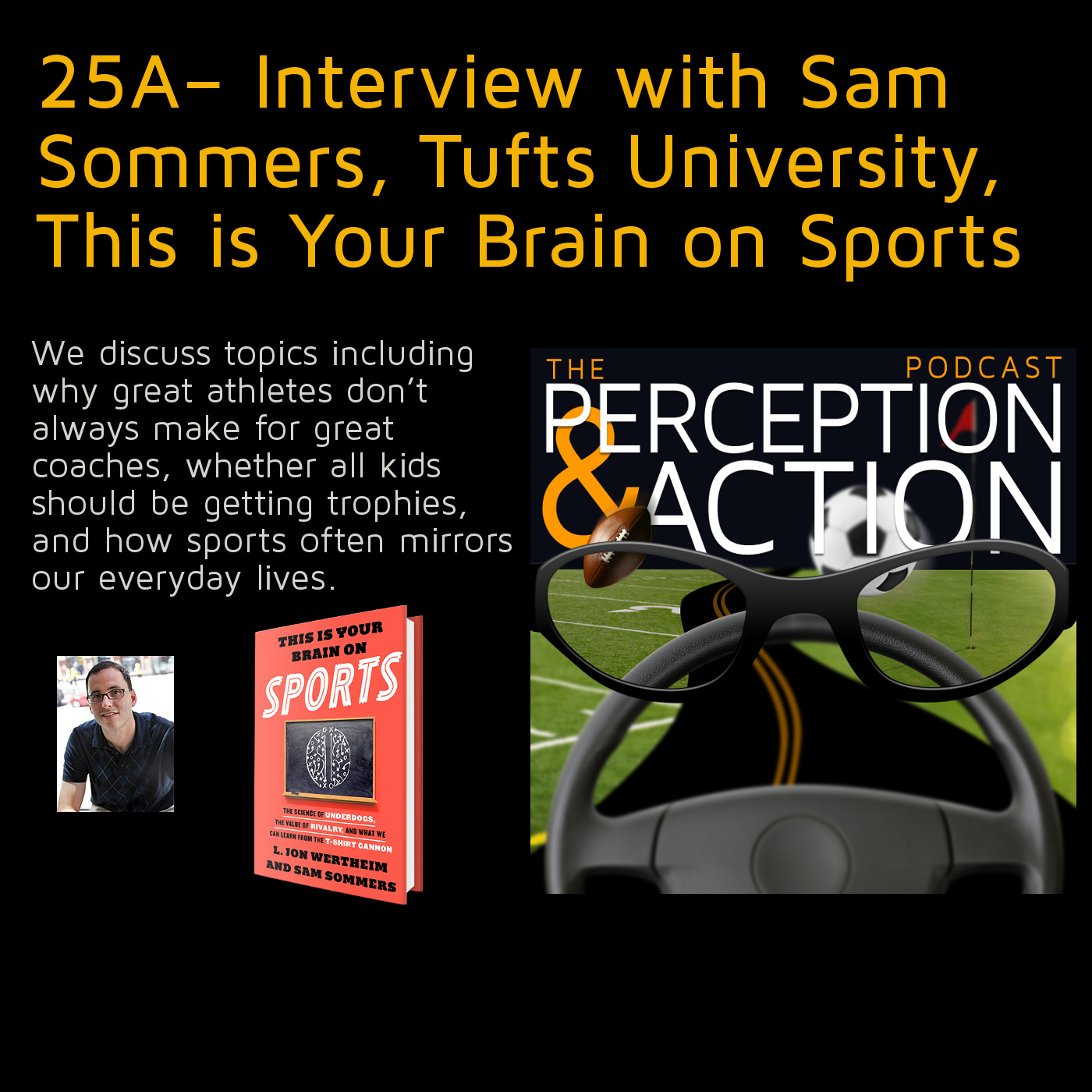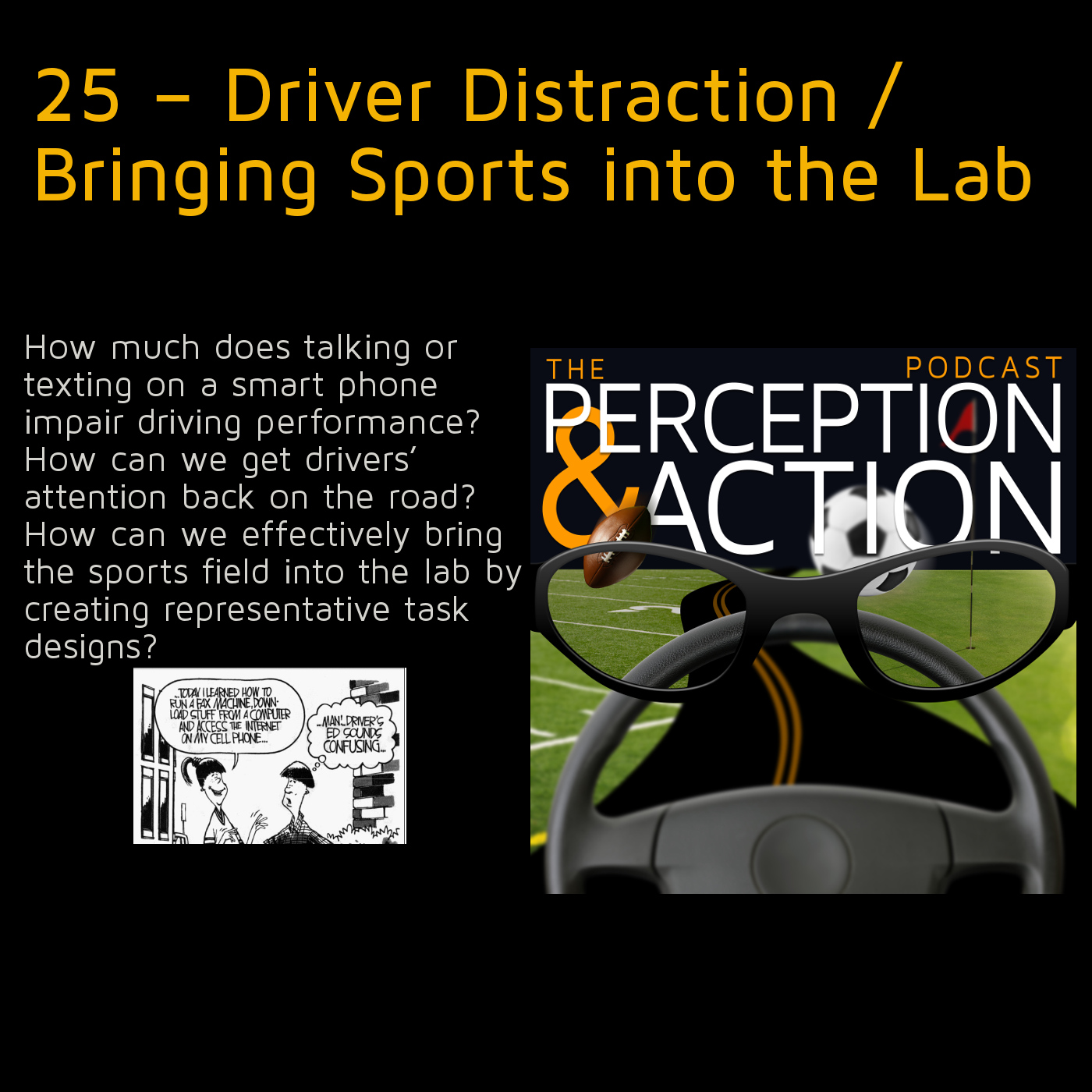26A– Interview with Denise Hill, University of Portsmouth, Choking Under Pressure
26A A discussion with Denise Hill, Lecturer in Sport & Exercise Psychology at the University of Portsmouth. We discuss the experience of choking from the athlete’s point of view, whether we have been using the wrong definition of choking, how the effects of pressure are different for individual and team sports, and the importance of…
Read More








